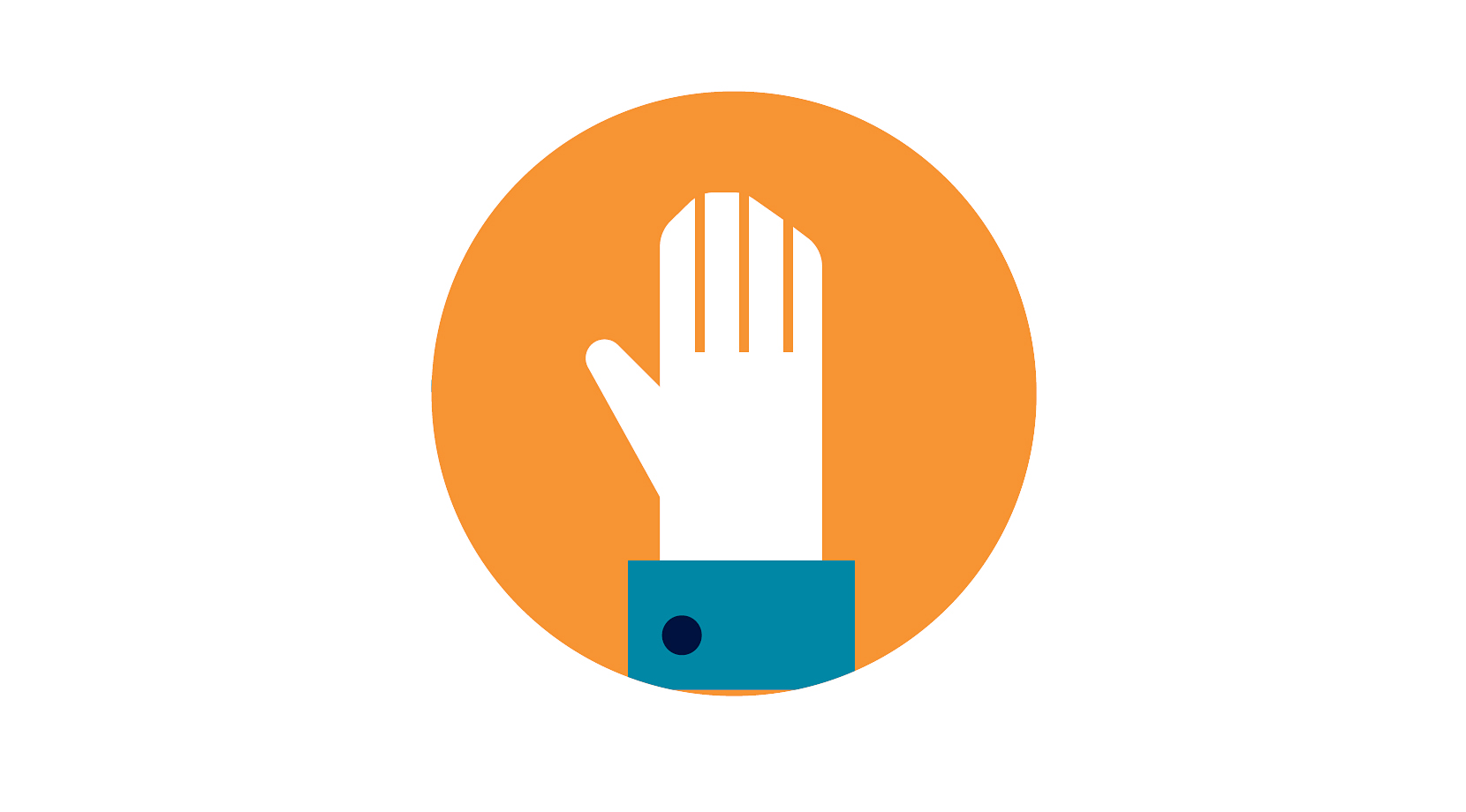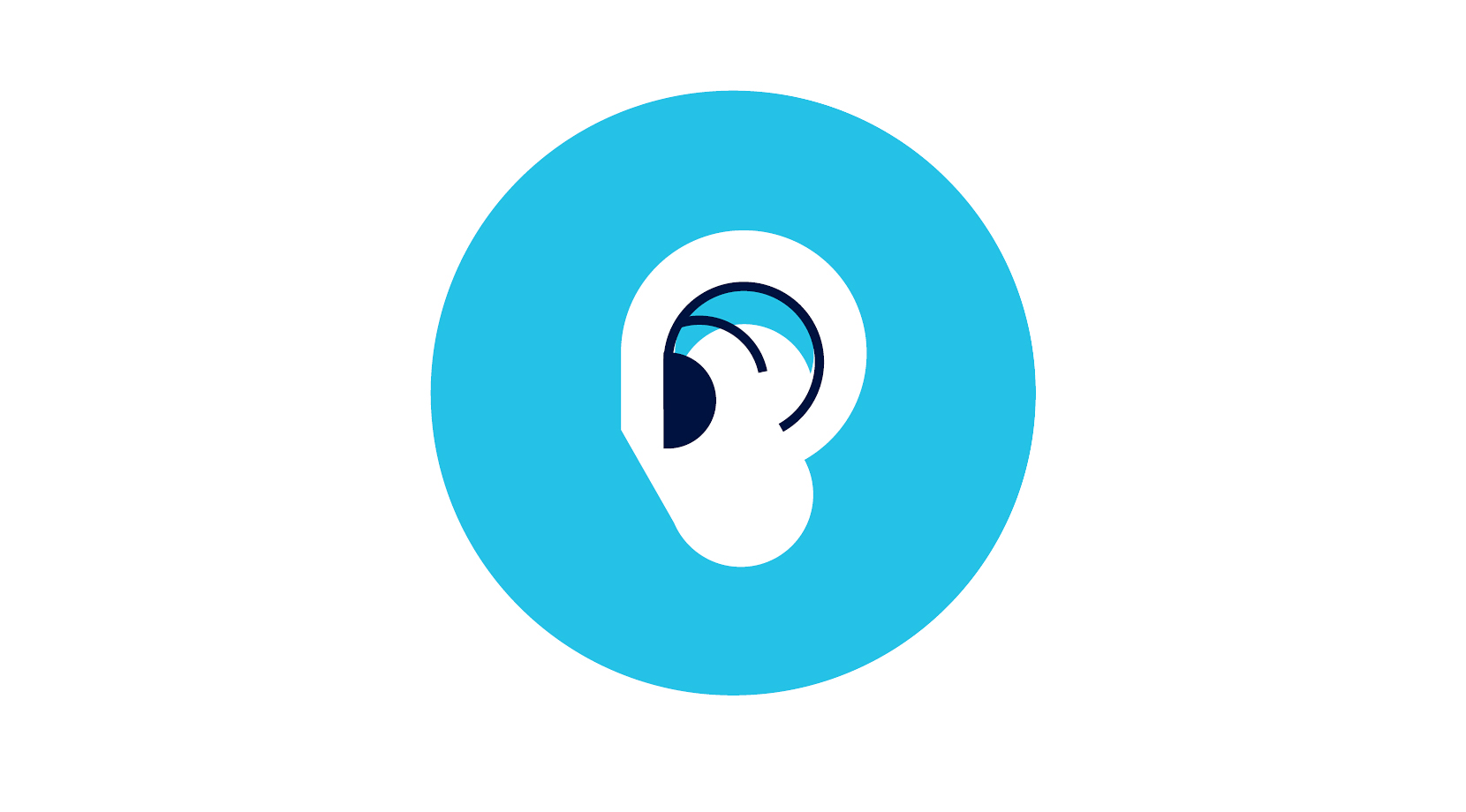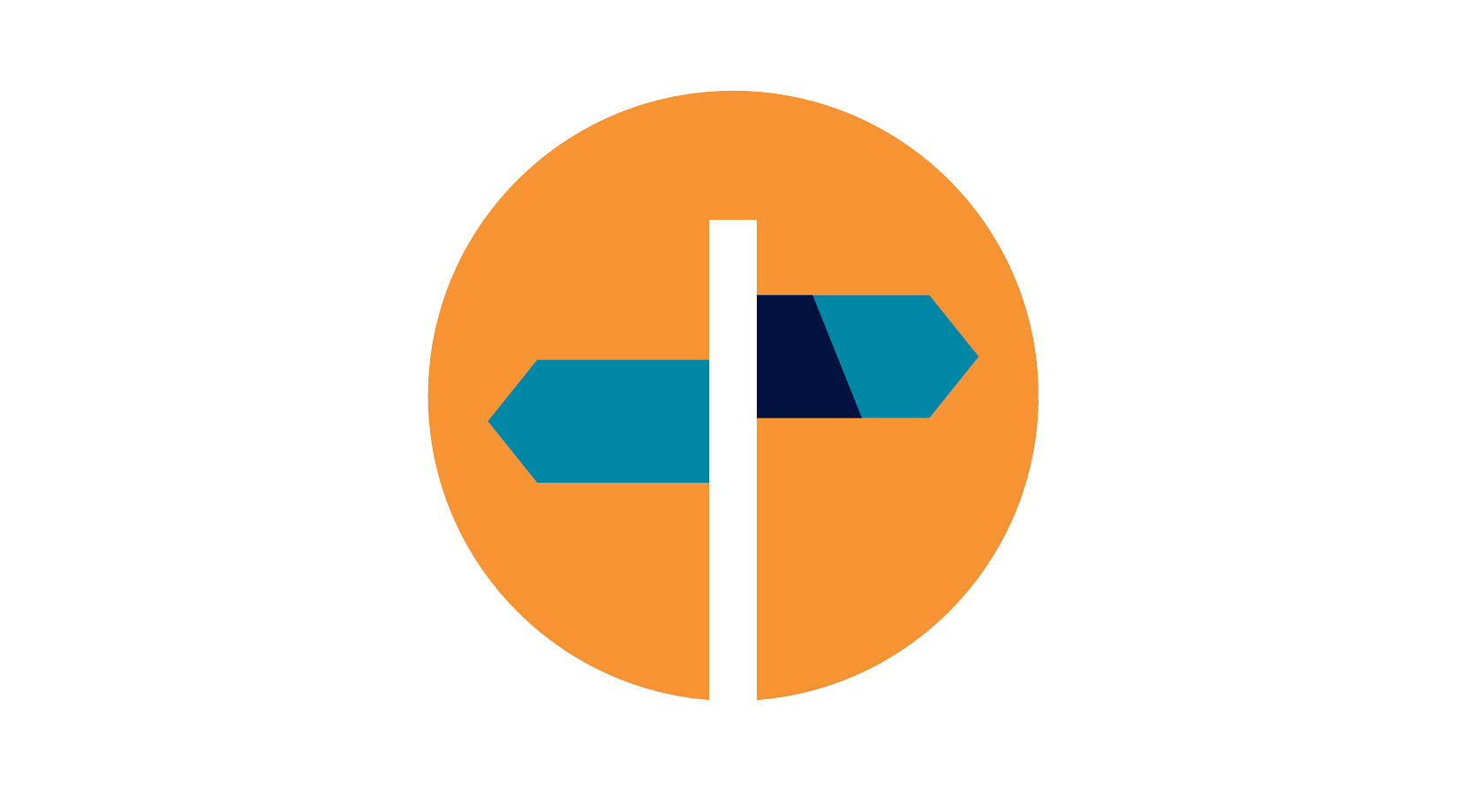Sexual safety - support
Support within the university
Social Safety Team
Study advisors
UM psychologists
Making a report or complaint
Getting support outside the university
Sexual Assault Center
Going to the police
Veilig Thuis
113 zelfmoordpreventie
Help wanted
GGD Zuid Limburg and GGD Limburg-Noord
Mental health support

- Read more about Sexual Safety at UM
Download the flyer
Follow the Ben je okay? lecture on Canvas Student
Negative sexual experiences can be accompanied by a great deal of doubt and insecurity. You might worry that you’re overreacting, that you’re looking at the situation the wrong way, or that what you experienced “wasn’t that bad”. You may also find that you are afraid – for example of consequences such as people seeing you differently, or saying it was your fault.
But first of all, if an experience gives you a bad feeling, your emotions are valid. And secondly, it is never your fault if someone violates your boundaries.
Sexual violence affects people regardless of gender, age, sexual orientation, disability, race, ability or disability. People of all genders can experience it.
Whatever you have been through, you can always knock on our door. It can be helpful to talk about any doubts and uncertainties you may have. We always listen to what you want. If you would like more support, we will help you explore your options in a way that suits you.
It's worth being aware that your first port of call may not lead directly to the kind of support that is best for you. Finding the right kind of support may take time, but you don't have to do it alone. We are happy to help you look and offer a supportive ear.
We are continuously working on the information on this page; if you have any comments or suggestions, please contact us at sexualsafetyum@maastrichtuniversity.nl.
If you are experiencing any kind of undesirable behaviour, you can contact the UM student confidential advisor.
Support within the university

Social Safety Team
The Social Safety Team is an independent organisation within the university. It is their job to create awareness about social safety and improve social safety at the university. They do this not just by considering the university’s overall policies and management, but also by supporting everyone at the university. You can approach them to request help, share concerns, make a report, or register a complaint. Talks with a member of the social safety team will take place in a confidential atmosphere.
The team is made up of a coordinator and several confidential advisers. The coordinator understands all the university’s processes, and is the first point of contact. The role of the confidential advisers in the Social Safety Team – Students is to support students and promote their interests.
If something happens that makes you feel unsafe, you can contact the team. This may be to report the incident, but it can also be just to talk to someone. Once again, they are an independent body and are on your side. They will also be happy to help you think about solutions and next steps.
Want to contact the team or confidential adviser, or get more information? Visit the Social Safety Team page. If you’d like to know more about the process of filing a complaint, click here (or scroll down a bit).
Study advisors
Every faculty has its own study advisor. The study advisor knows what all your options relating to your course of study and faculty are. If you are concerned about your studies, they are the right person to speak to.
We recommend that you contact your study advisor if your thoughts and feelings start getting in the way of your studies. That doesn't just mean whether or not you're getting good grades. For example, you might also find that you can’t motivate yourself to come to class, are unable to concentrate, or feel overwhelmed by stress.
If this is the case, we encourage you to reach out. Your study adviser can help you solve academic difficulties issues and provide guidance on choosing options relating to your studies. Together, you can make a study plan or look at the best way to organise your studies. They can also direct you to additional support, such as a student dean, disability support services, career services, or a UM psychologist.
Want to get in touch with the study adviser for your programme? Click here.
UM psychologists
At Maastricht University, you can visit the UM psychologists for mental health support. They can carry out a Quick Psychological Referral (QPR) to help you find the most suitable assistance. This might take the shape of up to 5 appointments with a UM psychologist, a workshop (online or in-person), or a training session. If you need more support, they can provide you with a referral. UM psychologists are unable to offer trauma therapy.
We recommend seeking psychological support if you find that your experience is leading to difficulties in your daily life. If you can't resolve these difficulties by yourself, it can be helpful to get support from a professional. You can often speak to a UM psychologist at relatively short notice. They can also help you assess whether additional support would be useful to you, and what kind.
If you would like to speak to a university psychologist, register here.
Making a report or complaint
In addition to helping you find a solution, the Social Safety Team can support you if you want to let the university know that there is a problem. You can do this by making a report or a complaint.
A report and a complaint are two different things. When someone makes a report, it is recorded in the relevant file. This can be done anonymously. Then, if more reports are made in the future, they can be used to flag an issue. This may lead to an investigation being launched. If an investigation is launched for something you have made a report for in the past, you may be asked asked whether you are willing to take part in it. If you decide to take part, you will no longer be able to remain anonymous. Another situation in which you will also have to disclose your identity is if you ask us to take steps in which you are logically unable to remain anonymous.
Complaints are sent to the independent complaints committee, and may then be referred to the university’s leadership team, the UM Executive Board. Complaints cannot be submitted anonymously. Everything up until filing a complaint is considered part of seeking an “informal” resolution. It’s only when you file a complaint that it is considered taking a “formal” route.
So, what’s the process for making a report or complaint?
1. Get in touch with the team
Your first conversation will be with the coordinator. This might be to discuss your questions or concerns, or to make a report or complaint. They will listen to what you have to say and discuss what you want to do.
2. Talk about it
Next, you will speak with a confidential advisor. This can be with the coordinator or with one of the confidential advisers – whichever you prefer. If you like, you can also speak to a confidential adviser right from the start. This meeting doesn’t automatically mean that you are making a report; this only happens if you confirm that’s what you want.
3. Discussing your options
In this conversation, you will also discuss potential next steps. These may include, for example, finding additional support within or outside the university. Another option might be arranging a discussion between the parties involved. Whatever happens, they will only take action if you have agreed to this beforehand.
4. Making a complaint
If you would like to make a formal complaint as well as a report, you are able to do so. This complaint is then passed on to the independent complaints committee, which is made up of made up of Maastricht University, the Open Universiteit and Zuyd University of Applied Sciences. You will need to fill in a complaints form and write a letter. Click here for a step-by-step plan.
You don’t have to complete all the steps with the Social Safety Team to submit a complaint.
However, we recommend that you do. This is because it allows the coordinator to ensure that your complaint is delivered to the right place.
You can bring someone along to support you if you would prefer not to go to the meetings alone.
Getting support outside the university

Sexual Assault Center
The Sexual Assault Center (CSG) specialises in providing support in cases of sexual violence. The CSG is an association of forensic, medical, and mental health professionals. As such, it doesn’t have a location of its own, but is spread out over several different locations throughout the Netherlands (including in Maastricht and near Venlo) where professionals provide support in person.
If you have experienced sexual violence (whether online or in person), you can reach out to them for assistance. The type of help they provide is dependent on your situation. For example, they might be able to offer you more extensive assistance, such as mental health support, but you can also call them just to talk things through.
The Sexual Assault Center is a good, easily accessible first point of contact when seeking support outside the university. You can contact them whether you are looking to share your thoughts, experiencing health issues, trying to find a solution, or thinking about making a police report.
If you have had a negative sexual experience, they recommend getting in touch within 7 days. This is the window during which there is the best chance of obtaining evidence. If you are wondering how to preserve evidence and keep your options open, take a look at this information sheet.
While the CSG is more able to take effective action within seven days, you can absolutely contact them after this period as well. Feel free to contact them whether your experience was 6 days, two weeks, or ten years ago. You can speak to the team anonymously by phone or via their web chat.
Going to the police
You also have the option of informing the police of the incident (“melding doen”) or reporting it as a crime (“aangifte doen”). If you decide to do this, we recommend that you speak to the Sexual Assault Center first. It’s helpful to know what to expect, and the team will be able to explain the reporting process to you. They also have a close relationship with the police department that deals with sexual offences.
You can also find comprehensive information about the police and reporting a crime on our information page.
Veilig Thuis
If you suspect or are affected by domestic violence or child abuse, you can contact the Veilig Thuis (Safe Home) foundation. Although the foundation refers to itself as a contact point for information and reporting, it also offers advice and assistance to victims and witnesses. Their primary aim is to make the situation safe as quickly as possible.
Every region has its own branch of Veilig Thuis, which again is connected to local assistance providers. Depending on the situation, the organisation will offer practical help directly or ensure that it is available from the most suitable local provider.
You can call or use their web chat if you need help or want to make a report. They will then discuss appropriate next steps with you. You can remain anonymous if you wish. Their contact details can be found here.
113 zelfmoordpreventie
If you are having suicidal thoughts or are worried about someone else, you can contact the 113 zelfmoordpreventie suicide prevention hotline 24/7. The organisation is dedicated to breaking taboos around suicide, so you can safely discuss your thoughts and feelings with them without shame or judgement. If you’re experiencing suicidal ideation, call them – even if it’s just to interrupt your thoughts or air your feelings. You can also use their webchat, and they even offer online therapy to support you while you seek more help.
Help wanted
Help wanted is an advice line that helps people deal with sexual violence situations online. These include, for example, catfishing, cyberbullying and sextortion. The organisation can offer advice and practical assistance on these issues. And they're not just here for people whose boundaries have been violated – you can also get in touch via their website if you know someone else it has happened to, or if you violated a boundary yourself (service also available in English).
GGD Zuid Limburg and GGD Limburg-Noord
The GGD is responsible for public healthcare in the Netherlands. They have a wide remit that includes tasks within the fields of infectious illnesses, vaccinations, healthy living conditions, sexual health, and more. There are GGD sites throughout the Netherlands, including Limburg. Young people under 25, people with STD-related symptoms, and men who have sex with men can visit GGD Limburg’s Sexual Health Centre for free STD testing, vaccinations, and treatment.
On top of that, you can contact the Sexual Health Centre for any questions you might have about sex. These can range from questions about sexual intimacy (such as “I’m unable to orgasm – what can I do?”) to questions about STDs, contraception, LGBTQIA+ issues and gender identity. You’re welcome to drop by during their consulting hours. You can also ask a question anonymously via their web chat at www.Sense.info.
The Sexual Health Centre also provides support with unwanted pregnancies. If you or your (sexual) partner is pregnant, it can turn your whole world upside-down. A medical professional can help you understand what all your options are during a decision support conversation. Whatever you choose to do, it’s important that you are sure of your decision.
The GGD is there to promote sexual health without passing judgement, and all contact you have with the GGD is confidential. They will not share information with your doctor, insurance, parents/guardians, or anyone else. You can find more information, including contact details, on their website. Consultations can also be carried out in English.
Mental health support
If you need more support than the UM psychologists are able to offer you, you can seek treatment with a psychologist either within or outside of the Dutch Association of Mental Health and Addiction Care (ggz). There are a number of different ways of finding a (ggz) mental healthcare provider.
One of these is to speak to your GP first. Usually, your GP will have a relationship with one or more practices whose treatments are covered by insurance companies. That contract with the insurance companies is important in making sure that your treatments will be paid for. Once you have spoken to your GP, they can refer you to one of these practices. If you aren’t yet in a position to want or access mental healthcare treatment, many GPs will have a practitioner on staff who can offer you support in-house. While this person will not be a ggz psychologist, they will be able to provide you with mental health guidance (which will be reimbursed by your insurance company).
You can also search for a practice you like the look of yourself. You may even know a mental healthcare provider already. If you don’t, take a look at this page by the Patiëntenfederatie (Netherlands Patients Federation). While you are free to choose your mental healthcare provider in the Netherlands, that doesn’t mean all providers and all treatments will be covered by your insurer. Check your policy and the practice you are interested ahead of time. There are also a number of requirements that need to be met. In all cases, you will need at least a referral from your GP. You can read more about this topic below.
In order for your mental healthcare treatment to be covered by your insurance, it must meet certain conditions. Firstly, you need to be referred for treatment by your GP. Secondly, your provider must diagnose you using the DSM-V.
Getting psychological care covered by your insurance
This second condition means that treatment for some psychological problems will not be reimbursed. These include burnout, emotional exhaustion, and some sleeping problems. Always be sure to check with your insurer and mental healthcare provider whether you are covered.
In addition to these conditions, reimbursement may be dependent on the (type of) mental healthcare practice you choose. Some practices have contracts with the insurance companies, and are covered by your basic insurance. Some practices that do not have these contracts can also be (partially) reimbursed. Whether or not this is the case will depend on your policy. Often you will at least need a reimbursement policy for care providers without a contract with your insurer. Your care provider will be able to advise you on this. Whether or not a mental healthcare provider has a contract with an insurance company is not related to the quality of the care provided.